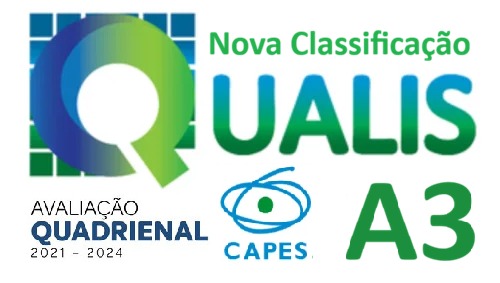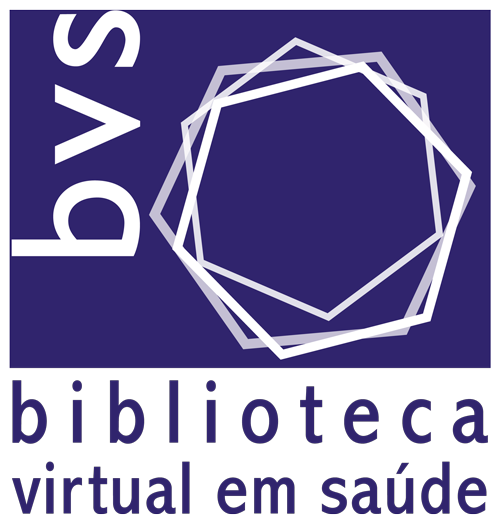Acceptance testing of a CT scanner with a knowledge-based iterative reconstruction algorithm
DOI:
https://doi.org/10.15392/bjrs.v7i1A.456Palabras clave:
Acceptance, CT, Iterative reconstructionResumen
Implementation of efficient computed tomography (CT) detectors, automatic exposure control and iterative reconstruction algorithms allows to obtain high quality images while minimizing absorbed dose to the patients, in consonance with the ALARA criterion. In this work, we present the results of the acceptance testing of a Philips iCT Elite scanner with the IMR reconstruction algorithm. A Catphan 500 phantom was used for this purpose. RESULTS: The laser positioning system was misaligned, while the gantry and table were aligned. The high-contrast spatial resolution was 21 lp/cm. Regarding low contrast resolution, a 3 mm pin with 0.3% contrast was observed using IMR for CTDIvol = 10.4 mGy, while a 5mm pin was observed using filtered back projection (FBP). Average uniformity was ± 3 Hounsfield Units (HU) and noise was <0.5%. It was verified that when using IMR reconstruction, the noise remained constant when the CTDIvol was reduced. Nominal and measured slice thicknesses were compared, resulting in the following values (measured/nominal): 4.82/5, 2.52/2.5, 1.24/1, 1.09/0.8. At 120 kVp, the effective energy was 70 keV. CT numbers were measured for different materials, with results in accordance with expected values. The contrast scale value resulted in 2·10-4 cm-1HU-1. CONCLUSIONS: Image quality and general system’s functionality were evaluated, with satisfactory results. The results were taken as a reference for routine quality controls. The IMR reconstruction algorithm resulted in significantly improved low-contrast resolution and lower noise at low doses when compared with FBP. The impact of IMR technology on clinical images remains to be assessed.
Descargas
Referencias
SEERAM, E., Computed Tomography: Physical Principles, Clinical Applications, and Quality Control, 4th Edition. Philadelphia, EE.UU, 2016.
SCIBELLI, A., iDose4 iterative reconstruction technique, Philips Healthcare White Paper, 2011.
MEHTA, D; THOMPSON, R; MORTON, T; DHANANTWARI, A; SHEFER, E. Iterative model reconstruction: simultaneously lowered computed tomography radiation dose and improved image quality. Med Phys Int J, v. 1, p. 147-155, 2013.
Philips Healthcare. Philips iCT Elite Specifications, 2014.
IAEA. Human Health Series, Quality Assurance Programme for Computed Tomography: Diagnostic and Therapy Applications. Vienna, 2012.
ACR. Computed Tomography, Quality Control Manual, 2012.
AAPM – American Association of physicists in Medicine. Specification and acceptance testing of computed tomography scanners. AAPM Report 39, New York, 1993.
The Phantom Laboratory, Catphan 500 and 600 Manual. Salem, NY 2013.
SEFM – Sociedad Español de Física Médica. Protocolo Español de Control de Calidad en Radiodiagnóstico, Madrid: SEFM, 2011.
Descargas
Publicado
Número
Sección
Licencia
Derechos de autor 2021 Brazilian Journal of Radiation Sciences (BJRS)

Esta obra está bajo una licencia internacional Creative Commons Atribución 4.0.
Licencia: los artículos de BJRS tienen una licencia internacional Creative Commons Attribution 4.0, que permite el uso, el intercambio, la adaptación, la distribución y la reproducción en cualquier medio o formato, siempre que se otorgue el crédito correspondiente al autor o autores originales y a la fuente, proporcione un enlace a la licencia Creative Commons e indique si se realizaron cambios. Las imágenes u otros materiales de terceros en el artículo están incluidos en la licencia Creative Commons del artículo, a menos que se indique lo contrario en una línea de crédito al material. Si el material no está incluido en la licencia Creative Commons del artículo y su uso previsto no está permitido por la regulación legal o excede el uso permitido, el autor deberá obtener el permiso directamente del titular de los derechos de autor. Para ver una copia de esta licencia, visite http://creativecommons.org/licenses/by/4.0/



























